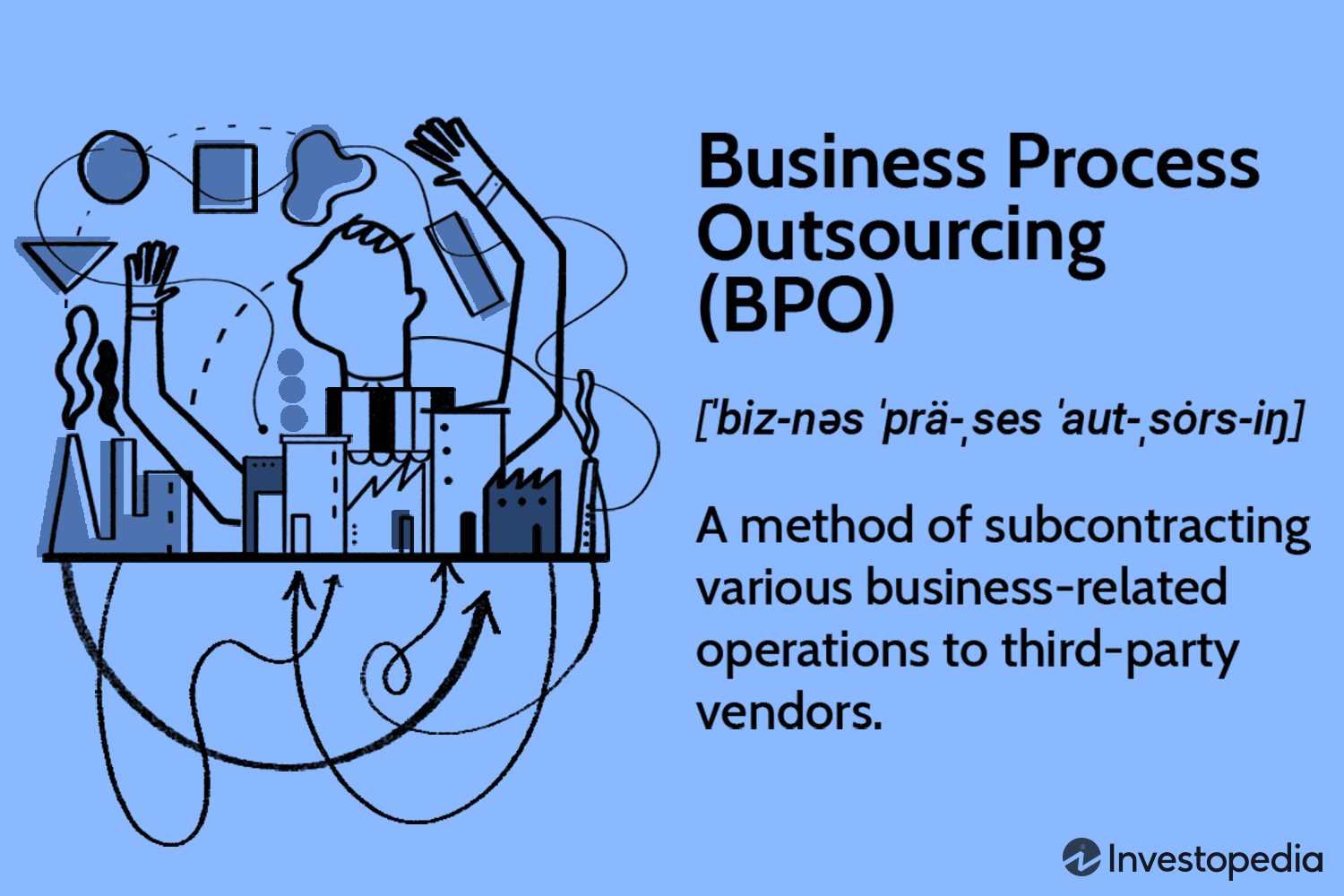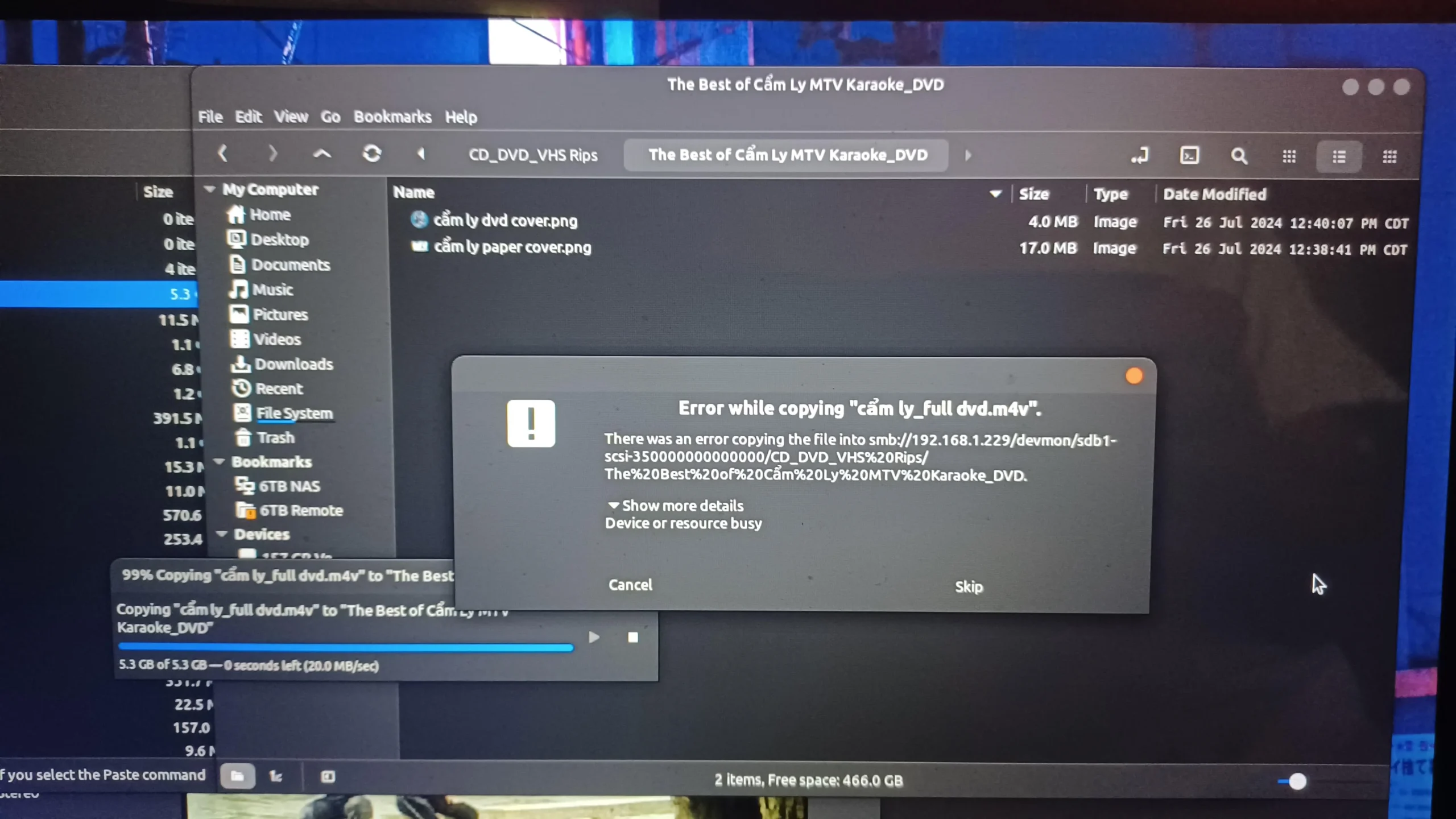Introduction
Mega Millions Jackpot Skyrockets to $251 Million thrill of the lottery has captivated millions across the United States, and with the Mega Millions jackpot soaring to a staggering $251 million, excitement is at an all-time high. This eye-popping figure represents not just a life-altering sum of money for the fortunate winner but also ignites dreams of financial freedom, adventure, and the ability to give back to the community. The anticipation builds with each draw, as countless players check their tickets, hoping to see their chosen numbers light up.
The Mega Millions lottery offers a unique blend of hope, chance, and community spirit. Established in 1996, it has become a significant part of American culture, evolving over the years to provide even larger jackpots and broader participation. Whether you’re a seasoned player or someone contemplating your first ticket, understanding the intricacies of the game can enhance your experience and strategy.
This comprehensive guide will delve into the complexities of Mega Millions, from its rich history and rules of play to the psychology behind participation and strategies for improving your odds. We’ll explore what happens when you win, the economic impact of lotteries, and share inspiring stories from past winners. By the end of this article, you’ll have a well-rounded understanding of Mega Millions and be equipped to engage with the game meaningfully.
As the excitement of the Mega Millions jackpot continues to rise, this article invites you to explore not only the game itself but also the broader implications of lottery participation. So, buckle up as we embark on this thrilling journey into the world of Mega Millions!
Understanding Mega Millions
History of Mega Millions
Mega Millions originated as the Big Game in 1996, initially played by a small group of states. The first draw took place on August 31, 1996, with a modest jackpot of $5 million. Over the years, the game underwent several transformations, including a rebranding to Mega Millions in 2002 and a series of changes aimed at increasing the size of jackpots and improving player engagement.
In 2005, the game adopted a matrix that increased the number of white balls from 52 to 75, making jackpots more attainable. However, it was the 2017 overhaul that truly revolutionized Mega Millions. The matrix was adjusted again, now requiring players to select five numbers from 1 to 70, along with one Mega Ball from a pool of 1 to 25. This change not only increased the jackpot sizes but also led to the potential for higher payouts across various prize tiers.
Throughout its history, Mega Millions has achieved several remarkable milestones. The largest jackpot to date—a staggering $1.537 billion—was won in October 2018. This historic win showcased the game’s ability to generate life-changing sums and sparked widespread interest in lottery participation.
How to Play
Playing Mega Millions is straightforward, yet the excitement of the draw makes it an engaging experience. To enter, players must select five numbers from a set of 1 to 70, in addition to one Mega Ball number from 1 to 25. The ticket price is $2, but players can opt to pay an additional $1 for the “Megaplier,” which multiplies non-jackpot winnings by 2, 3, 4, or 5 times.
Purchasing tickets can be done at authorized retailers or online in many states. Players often engage in pre-draw rituals, such as selecting their “lucky numbers” or using birthdays and anniversaries, which adds a personal touch to the game. This ritualistic aspect enhances the emotional connection players have with their tickets, making the draw feel more significant.
The excitement peaks on draw nights, with millions of players tuning in to see if their numbers will be drawn. Whether watched live or checked online, the anticipation builds as the numbers are revealed, and the hope of winning becomes tangible.
Draw Process
Mega Millions draws occur twice a week, on Tuesday and Friday evenings. Each draw is conducted in a secure environment, overseen by independent auditors to ensure fairness and transparency. The process involves drawing the white balls and the Mega Ball from separate machines, which is designed to maintain the integrity of the game.
The anticipation surrounding the draw is palpable, as millions of players hold their breath, waiting to see if their numbers match. Each draw not only determines potential winners but also creates a shared experience among players, fostering community spirit. The thrill of the draw often leads to discussions among friends and family about what they would do if they won, further amplifying the excitement.
The Allure of the Jackpot
Psychological Factors
The allure of the Mega Millions jackpot goes beyond mere financial gain; it taps into deeper psychological motivations. Many people view the lottery as a gateway to a better life—offering an escape from financial woes, the chance to fulfill lifelong dreams, or the opportunity to provide for loved ones. The dream of winning is often more powerful than the actual likelihood of success.
One psychological phenomenon that significantly influences lottery participation is the “near-miss” effect. When players come close to winning—such as matching four out of five numbers—they may experience a heightened sense of excitement and a belief that they are “due” for a win. This near-miss scenario can create a feedback loop, encouraging players to continue purchasing tickets in hopes of a breakthrough.
Additionally, the concept of “lucky numbers” plays a significant role in how players choose their tickets. Many individuals have personal numbers they believe will bring them luck, often rooted in significant life events such as birthdays or anniversaries. This personal connection to number selection can enhance the emotional investment players have in the game, making each draw feel more meaningful.
Community and Social Aspects
Lottery games like Mega Millions also foster a sense of community. Friends, family, and coworkers often form lottery pools, combining their resources to purchase multiple tickets. This collective approach not only increases the chances of winning but also amplifies the enjoyment of participating together.
The stories of groups hitting it big together can be heartwarming and inspiring. For instance, a group of coworkers in a small town pooled their money and won a substantial prize. Their collective win not only transformed their individual lives but also had a positive impact on their community, as they invested in local projects and charities.
The shared experience of participating in the lottery can create strong bonds among players. The anticipation leading up to the draw, the discussions about potential winnings, and the celebrations (or commiserations) afterward can strengthen relationships and foster a sense of camaraderie.
Winning Odds and Strategies
Understanding the Odds
When it comes to Mega Millions, the odds of winning the jackpot are approximately 1 in 302 million. To put this into perspective, you are more likely to be struck by lightning, attacked by a shark, or even become a billionaire through other means than to win the Mega Millions jackpot. However, there are lower-tier prizes available for matching fewer numbers, with varying odds of winning. For example, the odds of matching just the Mega Ball are about 1 in 37, making it more accessible for players to win smaller prizes.
Understanding these odds is crucial for players. It allows them to set realistic expectations and appreciate the excitement of the game without losing sight of the improbability of a jackpot win. Many players approach the lottery with the hope of winning smaller prizes, which can still provide a sense of accomplishment and joy.
Strategies for Playing
While there’s no surefire way to guarantee a win in a game of chance, certain strategies can enhance your playing experience and potentially improve your odds of winning smaller prizes:
- Number Selection: Some players believe that selecting less commonly chosen numbers can reduce the chance of having to share a jackpot if they win. This can mean choosing numbers that are higher than 31, as many players tend to select birthdays. Research has shown that numbers above 31 are less frequently selected, which can lead to larger payouts in the event of a win.
- Consistency: Regularly playing the same numbers can be beneficial. Some players choose to stick with their “lucky” numbers over time, reinforcing their commitment to the game. This can create a sense of routine and anticipation that adds to the overall enjoyment of playing.
- Joining a Lottery Pool: Forming a lottery pool with friends, family, or coworkers can significantly increase your chances of winning. By pooling resources, you can buy more tickets and enhance your chances without spending a fortune. Just ensure that clear rules are established regarding how winnings will be shared to avoid any potential disputes.
- Staying Informed: Keeping up with lottery news, trends, and statistics can help you make informed decisions about when to play and how to choose your numbers. Some players track number frequency, looking for patterns or trends that may influence their selections. While past results don’t determine future outcomes, staying informed can enhance your overall strategy.
- Budgeting: Establishing a budget for lottery play is essential. Determine how much you can afford to spend without impacting your financial stability. Responsible gambling is crucial, and setting limits can help prevent excessive spending.
Common Myths and Misconceptions
Despite the excitement surrounding the lottery, numerous myths persist regarding strategies for winning. Some believe that playing consistently on certain days increases their chances, or that certain numbers are “due” to be drawn based on previous results. It’s essential to separate fact from fiction and understand that every draw is independent, making all numbers equally likely to appear.
Additionally, many players hold onto the belief that buying more tickets increases their odds significantly. While it does improve your chances slightly, the overall odds remain daunting. For instance, purchasing ten tickets only increases your odds of winning to about 1 in 30 million, still a far cry from the jackpot. It’s crucial for players to maintain a balanced perspective and play responsibly, treating the lottery as a form of entertainment rather than a financial investment.
What Happens When You Win?
Immediate Steps After Winning
Winning the Mega Millions jackpot is a momentous occasion, but it can also be overwhelming. If you find yourself holding that winning ticket, the first step is to confirm your numbers against the official draw results. It’s crucial to remain calm and collected; many winners initially experience a mix of disbelief and excitement.
One key piece of advice is to keep your ticket safe. Many lottery winners have regretted not taking the necessary precautions to protect their ticket, which can lead to devastating losses if it gets lost or stolen. Consider signing the back of your ticket to establish ownership and storing it in a secure place, such as a safe or a safety deposit box.
Claiming Your Prize
Once you’ve verified your win, the next step is claiming your prize. In the U.S., winners have the option to choose between a lump sum payment or an annuity.
- Lump Sum: This option provides a one-time cash payment, which is typically less than the advertised jackpot due to taxes and withholdings. The benefit of this choice is immediate access to a substantial sum of money, allowing winners to make quick decisions regarding investments or purchases. However, it’s important to be aware that the lump sum will be significantly reduced after taxes, so financial planning is essential.
- Annuity: Choosing the annuity option means receiving the full jackpot amount spread out over 30 years, with annual payments that increase over time. This choice is often favored by financial experts because it provides a steady income and may help prevent the rapid depletion of funds that can occur with a lump sum. Additionally, annuity payments can offer tax advantages, as winners will be taxed on each payment as it comes in rather than facing a large tax bill in the first year.
Understanding the implications of both choices is essential, and consulting with financial advisors and tax professionals can help you navigate this important decision.
Real-Life Winner Stories
The stories of past Mega Millions winners are often as inspiring as they are varied. For instance, one couple from South Carolina, who won a $1.537 billion jackpot in 2018, opted for the lump sum and made headlines with their philanthropic efforts. They set up a charitable foundation, committing a significant portion of their winnings to causes close to their hearts. Their story highlights the potential for winners to use their newfound wealth for good, making a lasting impact on their community and beyond.
Another memorable story is that of a single mother from New Jersey who won $1 million. She used her winnings to pay off her home, provide for her children’s education, and even started a small business. This story resonates with many, showcasing how a sudden windfall can empower individuals to achieve their dreams and secure their family’s future.
Additionally, there are stories of winners who faced challenges after their wins, illustrating the importance of careful financial management. Some winners have shared their experiences of how quickly money can slip away without proper planning. These cautionary tales serve as reminders of the importance of financial literacy and seeking professional advice.
The Economic Impact of Mega Millions
State Revenue and Funding
The Mega Millions lottery generates significant revenue for participating states, with a portion of ticket sales contributing to various public programs. This funding often supports education, infrastructure projects, and other essential services. In many states, a substantial percentage of lottery proceeds is allocated to educational initiatives, helping to finance everything from school programs to college scholarships.
The influx of funds from lottery revenues can have a profound impact on communities, enabling states to fund projects that might otherwise lack financial support. For instance, in some states, lottery revenues have been used to improve public schools, enhance community facilities, and support local arts and culture programs. This financial support can play a vital role in the overall quality of life in many regions.
However, the reliance on lottery revenue raises questions about sustainability and equity, particularly concerning the socioeconomic demographics of lottery players. Critics argue that lotteries often disproportionately affect lower-income individuals, who may spend a higher percentage of their income on tickets. This can lead to discussions about the ethics of state-sponsored gambling and the potential social consequences.
Debates Around Lotteries
While many celebrate the excitement of lotteries, there are critics who argue that they can prey on vulnerable populations and create unrealistic expectations. The debate surrounding the ethical implications of state-sponsored gambling continues, with differing perspectives on its impact on society.
Proponents argue that lotteries provide entertainment and a chance at financial improvement, while opponents highlight concerns about addiction and the disproportionate impact on lower-income individuals. This ongoing dialogue emphasizes the complexity of the relationship between society and gambling, prompting discussions about responsible play and education.
Some states have implemented measures to promote responsible gaming, such as offering self-exclusion programs and educational resources about the risks of gambling addiction. However, the effectiveness of these initiatives varies, and there is a continuous need for public awareness and education.
Mega Millions in Pop Culture
Representation in Movies, TV Shows, and Media
The Mega Millions lottery has found its way into popular culture, often symbolizing the ultimate dream of wealth and the fantasies that come with it. Films and television shows frequently portray characters who win the lottery, showcasing both the excitement and the potential pitfalls that accompany sudden wealth.
For example, movies like It Could Happen to You and Winners explore the transformational effects of winning the lottery, often weaving in themes of love, friendship, and moral dilemmas. These portrayals resonate with audiences, tapping into the universal dream of striking it rich and the accompanying challenges.
Television shows have also explored the lottery theme, often using it as a plot device to examine character motivations and societal issues. Popular series such as The Simpsons and Friends have featured episodes centered around lottery winnings, highlighting the absurdities and consequences that can arise from a sudden influx of cash. These representations contribute to the cultural narrative surrounding lotteries, reinforcing the idea that winning can lead to both extraordinary joy and unexpected complications.
The Role of Mega Millions in Society’s View of Luck and Wealth
The presence of Mega Millions in pop culture reflects society’s fascination with luck, chance, and the hope for a better future. The lottery symbolizes the belief that anyone can achieve their dreams, often encouraging people to think beyond their current circumstances. This notion of hope, coupled with the thrill of possibility, fuels the allure of playing.
The stories of real-life winners, coupled with fictional portrayals, serve to amplify this narrative. People are drawn to the idea that a single ticket could change their lives forever, prompting discussions about what they would do if they won. These conversations often reveal deeper desires and aspirations, reflecting the universal longing for a brighter future.
However, the glamorization of lottery winnings can also lead to unrealistic expectations. Many players may believe that winning the lottery is a solution to their problems, overlooking the complexities of wealth management and the potential challenges that can accompany sudden riches. It’s essential to approach the lottery with a balanced perspective, recognizing both the excitement of the game and the realities of financial responsibility.
Conclusion
The Mega Millions jackpot reaching an extraordinary $251 million represents more than just a number; it embodies dreams, aspirations, and the allure of a better life. The journey of participating in the lottery captures the excitement of chance while highlighting the importance of responsible play.
As we’ve explored, understanding the game—its history, mechanics, and the psychology behind playing—can enrich your experience as a player. While the odds may be daunting, the thrill of the game and the potential for life-altering change keep millions engaged. The shared excitement of anticipation, the thrill of the draw, and the dream of winning create a unique cultural phenomenon that unites people across the nation.
Whether you choose to play as an individual or as part of a group, remember that participating in Mega Millions is about more than just winning. It’s about the hope and excitement that come with each draw, the connections formed through shared dreams, and the stories that emerge from this collective experience.
If fortune smiles upon you and you find yourself holding that winning ticket, take the time to celebrate responsibly. Consult with financial advisors, think carefully about your options, and consider how you might use your newfound wealth to create positive change in your life and the lives of others.
Consider investing in your community, supporting local initiatives, or setting up scholarships to help others achieve their dreams. Many winners choose to give back, using their wealth to make a difference. This philanthropic aspect adds depth to the experience of winning, allowing recipients to feel a sense of fulfillment and purpose beyond financial gain.
As we continue to watch the Mega Millions jackpot grow, let’s embrace the excitement and the hope it brings, keeping in mind that while winning is a dream for many, the true joy often lies in the journey itself. The thrill of anticipation, the camaraderie among players, and the potential for life-changing outcomes create a rich tapestry of experiences that define the Mega Millions phenomenon.
In conclusion, Mega Millions is more than just a lottery; it is a cultural touchstone that reflects our dreams, desires, and the complexities of life. As the jackpot continues to rise, may it inspire you to dream big, play responsibly, and engage with the journey of hope and possibility that the lottery embodies. Happy playing, and may luck be on your side.for more details please visit the website networksights.com












Leave a Reply